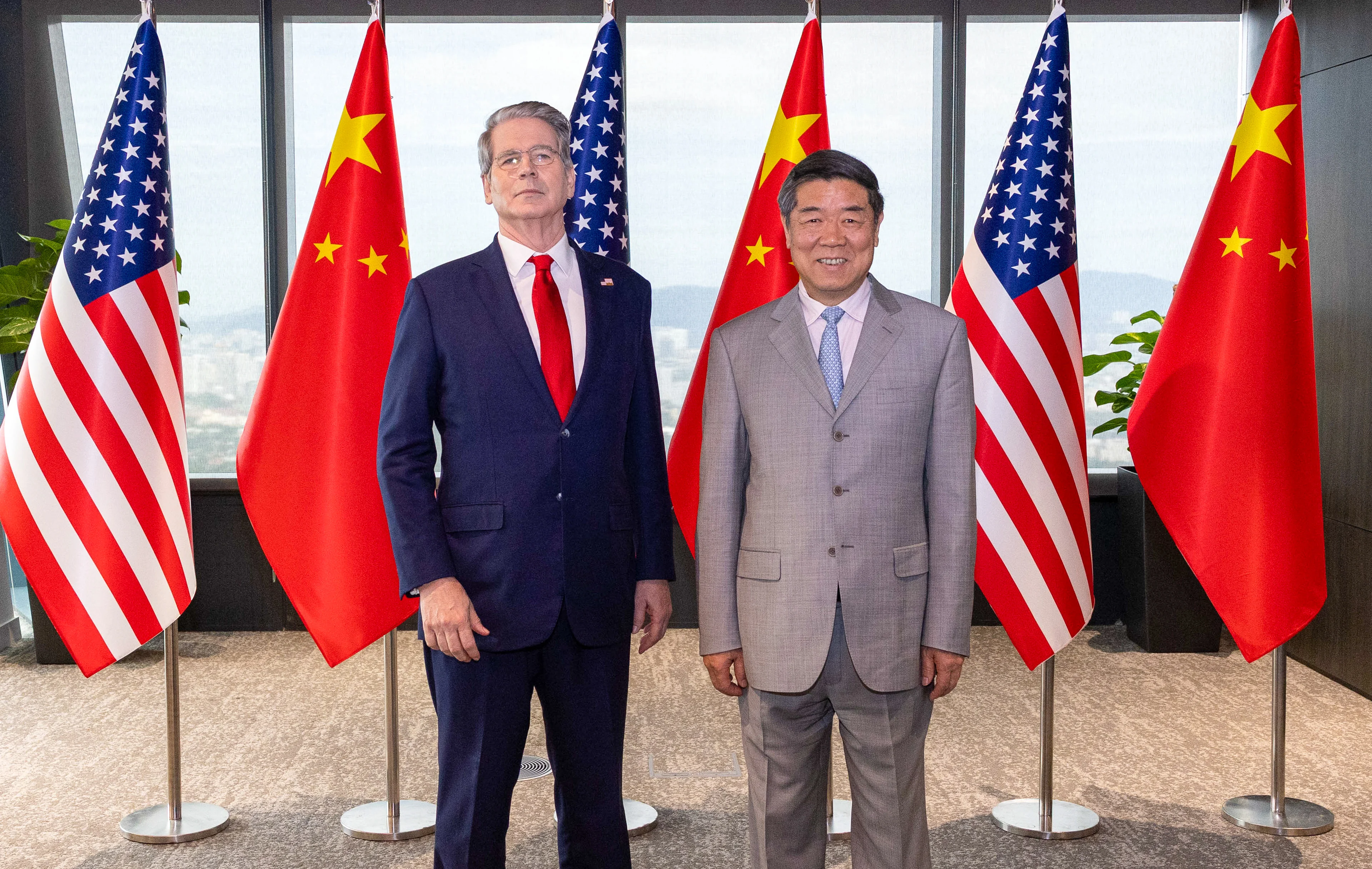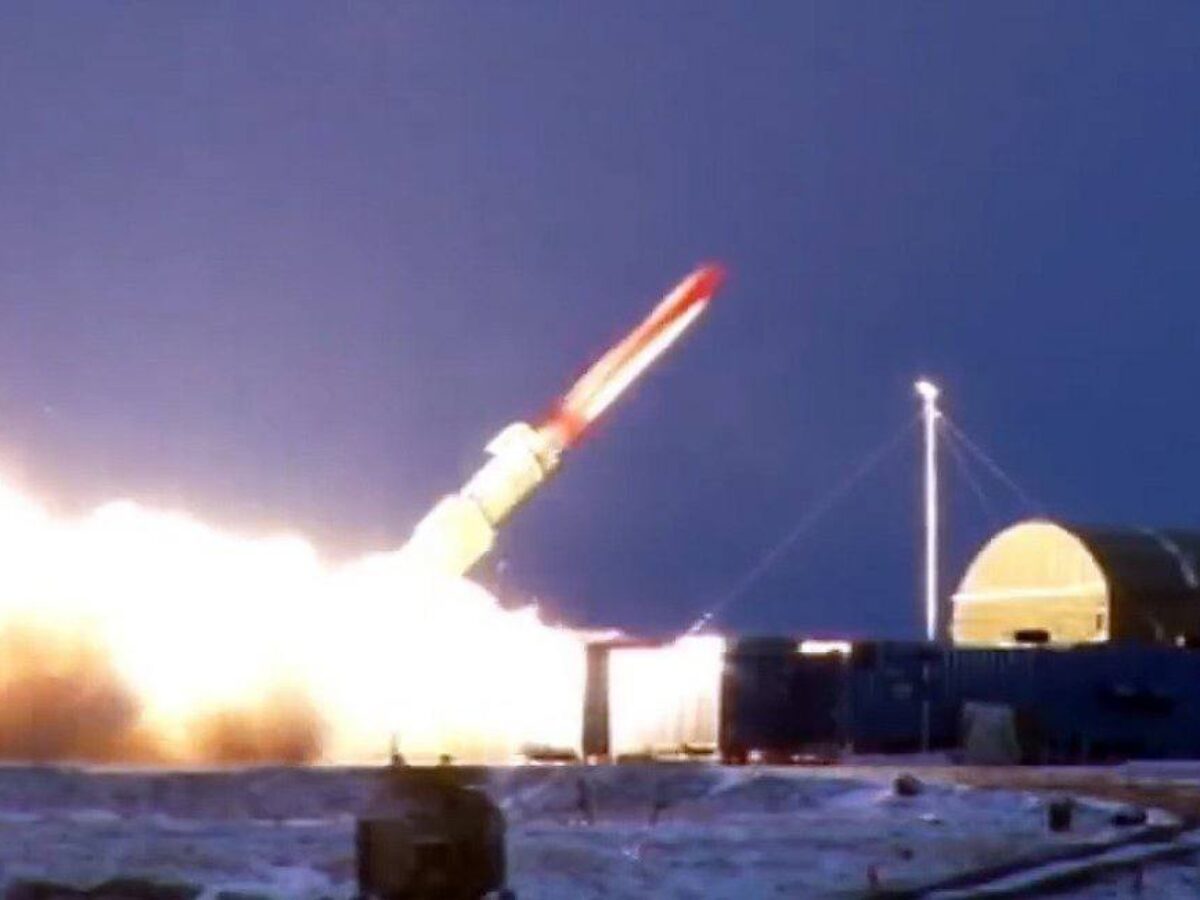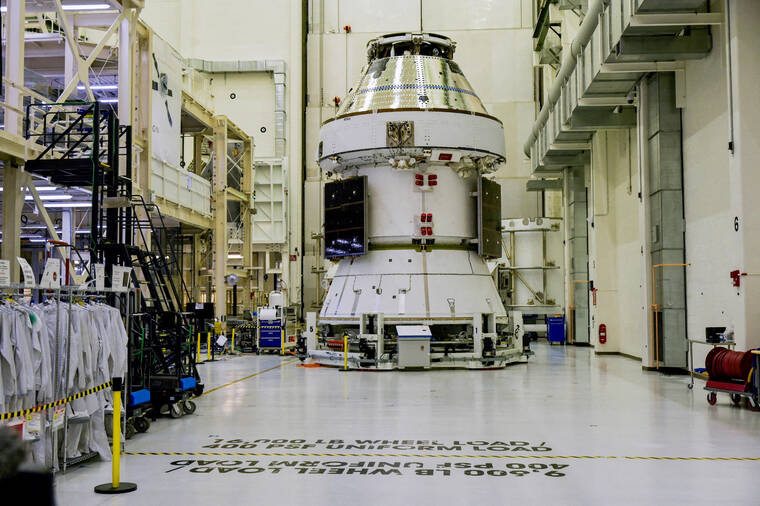Copyright scmp

China and the United States agreed on Sunday to a preliminary framework deal after two days of talks in Kuala Lumpur, signalling a de-escalation of tensions in the lead-up to a potential meeting between the presidents of the world’s two largest economies. The talks in the Malaysian capital, led by Vice-Premier He Lifeng and US Secretary of the Treasury Scott Bessent, came on the heels of a fresh surge of tensions in the volatile bilateral relationship and ahead of the November 10 expiration of a temporary tariff truce. Speaking to reporters after the talks, Chinese trade negotiator Li Chenggang said a “preliminary consensus” was reached, and that it would be sent for approval by both sides domestically. He described the US position as “tough”, whereas China has been “firm” in defending its own interests and rights. Both Beijing and Washington “believe a stable China-US relationship is good for both sides”, Li said. Vice-Premier He said: “The US and China bilateral trade relationship is win-win in nature, fundamentally,” according to a report by the official Xinhua after the trade talks concluded. “Stabilising the relationship between both countries is in line with the interests of the people and matches the world’s expectations.” He added that it is not easy to reach a consensus for both countries, and that both sides have to guard against a harmful result. I think we’re even to the spot where the leaders will have a productive meeting US Trade Representative Jamieson Greer Separately, US Trade Representative Jamieson Greer said: “We spent a lot of time last night. We spent a lot of time this morning. Talked about a framework. I think we’re moving towards the final details of the type of agreement that the leaders can review and decide if they want to do it together.” Both Li and Greer called the discussions “constructive”. “It was a broad discussion on all kinds of topics,” Greer said. “We talked about extending the truce. We talked about rare earths, of course. ... And I think we’re even to the spot where the leaders will have a productive meeting.” Describing talks between the two teams as “in depth”, Li said the discussed topics included export controls, reciprocal tariffs, fentanyl tariffs, the US Section 301 probe into Chinese shipbuilders, and a possible “expansion of bilateral trade”. “Through more than a day of tense negotiations, the two sides engaged in constructive exchanges in exploring solutions and arrangements to address these concerns,” he noted. “The two sides have reached a preliminary consensus on these issues.” The meeting – the fifth in-person dialogue between He and Bessent since spring – followed weeks of turbulence, with both sides appearing reluctant to make major concessions on key economic issues. Beijing’s expansion of export controls on rare earths – a move expected to strengthen China’s grip on the global supply of the minerals crucial to the production of many hi-tech goods – and US President Donald Trump’s threat of additional tariffs on China in retaliation had become the two primary thorns in the relationship. “They said [the trade talks] were constructive and productive – definitely paving the way for the face-to-face meeting between US President Donald Trump and Chinese President Xi Jinping,” said Wang Yiwei, a professor with Renmin University’s School of International Studies. “Therefore, some important matters will need the two top leaders to confirm. A complete stop of the trade war is not realistic.” China may make Trump some promises on the rare earth matter, Wang added, and then both sides would not remain in a stalemate, while Trump also would not keep talking about tariffs that appear never-ending. Alfredo Montufar-Helu, managing director at Ankura Consulting’s GreenPoint Business, expected that both sides “have made it very clear what their core demands and non-negotiable red lines are”, creating the defined parameters within which an agreement can “finally be negotiated”. The vice-premier and Bessent held a similar meeting in Madrid last month, where they were said to have reached a consensus on the TikTok deal. Before that, they met in Stockholm in July, where they agreed to extend the trade truce for another 90 days, until November 10. All eyes are now on South Korea, where Trump and Xi are expected to meet on Thursday for the first time since the US president returned to office in January. The White House has said that the meeting, in Busan, would take place before the official start of the main Asia-Pacific Economic Cooperation forum summit, which will begin on Friday. The Chinese side has not yet confirmed the meeting. This round of trade talks in Kuala Lumpur “re-established the necessary conditions” for the presidential summit in South Korea, Montufar-Helu added, which is “likely to be a decisive forum” for determining the future of the tariff truce and the dispute over rare earth export controls. Rajiv Biswas, CEO at Asia-Pacific Economics, said that the US-China trade negotiations were likely to be a long game, rather than a fait accompli, due to the complexity of the negotiations on a broad range of sectors, including agriculture, critical minerals and technology. “For the foreseeable future, [the] US and China will remain locked in strategic competition for global technology leadership in sectors such as defence manufacturing, robotics and advanced semiconductors,” he added. “Consequently, the trade war over technological leadership will continue, with a continuing array of sanctions, tariffs and other trade measures.” Trump, who also travelled to Kuala Lumpur for the summit of the Association of Southeast Asian Nations, has previously said he thought the meeting with Xi would produce an agreement between the two countries. In comments to reporters en route to Asia, Trump said he may talk with Xi about a decline in Chinese purchases of Russian oil, following US sanctions on two major oil companies, according to Reuters. Additional reporting by Xinyi Wu



